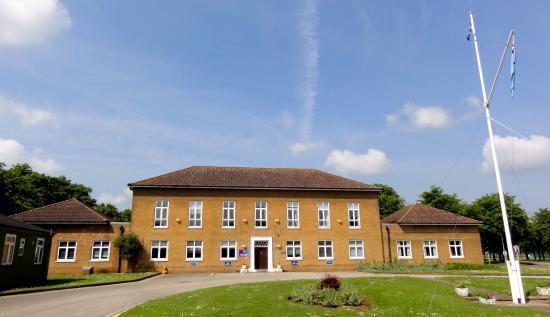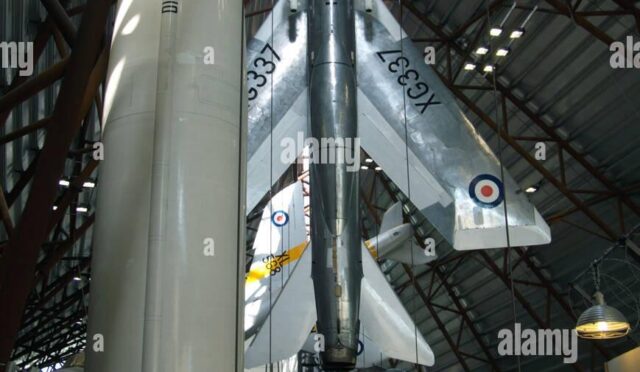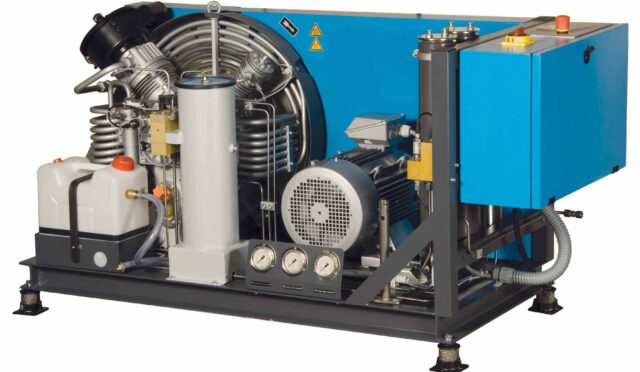RAF Digby Accommodation: New Sustainable Living Spaces
The UK Ministry of Defence has announced a significant investment of £65 million ($83.9 million) to construct a new Single Living Accommodation facility at the Royal Air Force base in Digby, Lincolnshire. Originally established in 1918, this base will soon feature four new accommodation blocks specifically designed to accommodate junior ranks.
Each block will include 69 single en-suite rooms, along with essential amenities such as kitchenettes, laundry and drying facilities, and social spaces. The design emphasizes carbon efficiency and aligns with the military’s commitment to achieving net zero operations by the 2030s.
Commitment to Sustainability
As part of this initiative, the new accommodations will incorporate various sustainable technologies. These include the installation of solar panels, a self-sustaining heating system, LED lighting, and electric vehicle charging stations, all aimed at reducing the environmental footprint of the base.
Additional features planned for the development encompass a parking lot and outdoor communal spaces, enhancing the living experience for personnel stationed at Digby.
Collaboration with Industry Experts
The infrastructure work will be undertaken by Galliford Try, a construction firm based in Middlesex, in partnership with technical consulting company Arcadis. This consortium is scheduled to begin development in March.
John Weatherby, Principal Project Manager of the UK Defence Infrastructure Organisation, expressed enthusiasm about the project. ‘It’s fantastic to have reached this significant milestone in our aim to enhance the accommodation offerings at RAF Digby with high-quality new rooms for the junior ranks stationed here,’ he stated.
Enhancing Living Conditions for Personnel
The investment in RAF Digby underscores the Ministry of Defence’s commitment to improving living conditions for service members. Station Commander Neil Hallett remarked that this development ‘clearly demonstrates the Ministry of Defence’s commitment to improving accommodation for our personnel while also making buildings more sustainable.’
This initiative reflects a growing recognition of the importance of providing comfortable and environmentally friendly living spaces for those serving in the armed forces.







